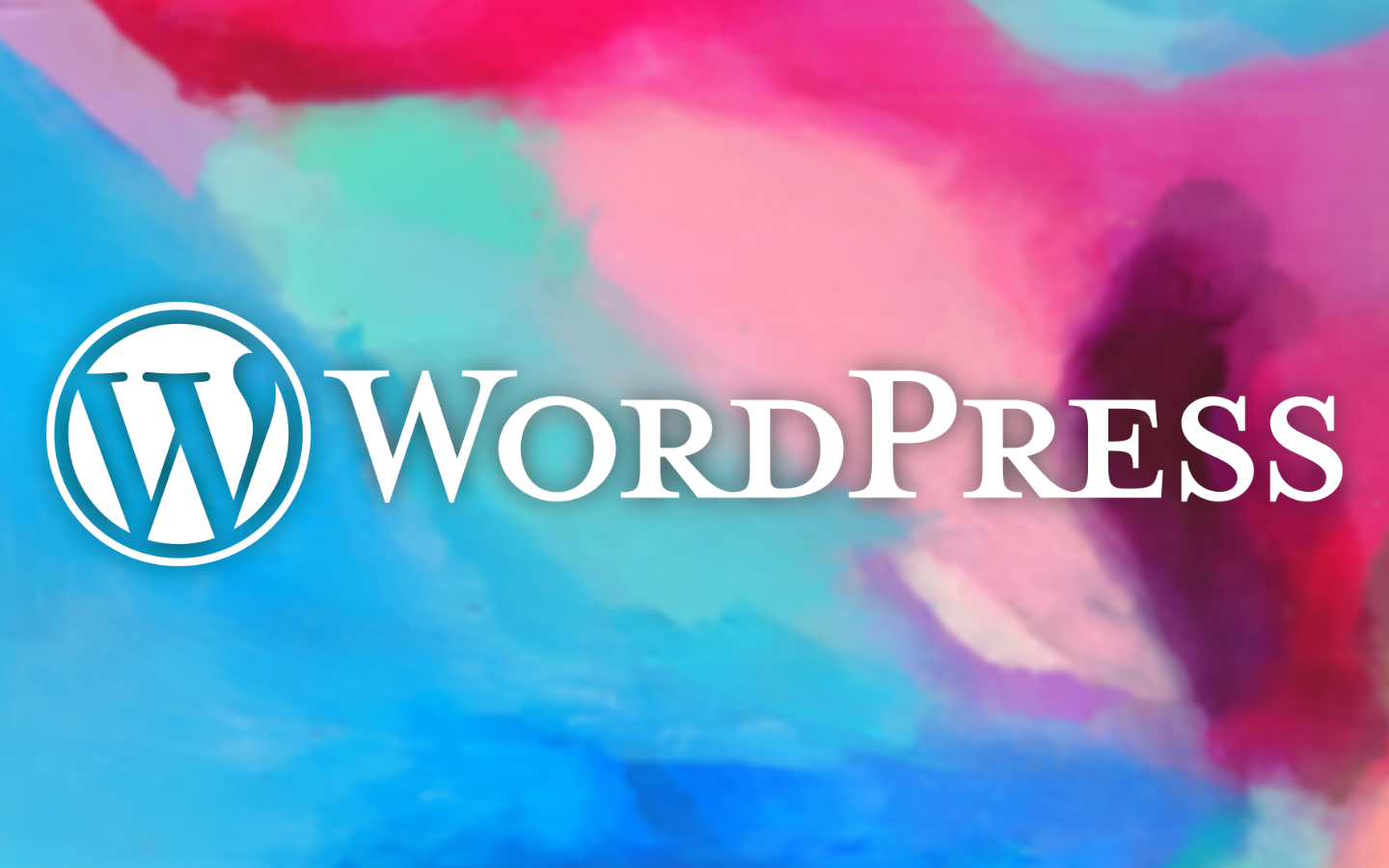Whether you’re an individual blogger, a small business owner, or a seasoned web developer, you’ve probably heard of WordPress. In this article, we’ll dive deep into what WordPress is and explore the many reasons why you should consider using it for your website.
Table of Contents
- Understanding WordPress
- Why Should I Use WordPress?
- Who Uses WordPress?
- Getting Started with WordPress
- Conclusion
1. Understanding WordPress Top
a. A Brief History of WordPress
Before we delve into why WordPress is an excellent choice for your website, let’s take a quick trip down memory lane to understand its origins. WordPress was first released in 2003 by Matt Mullenweg and Mike Little as a blogging platform. Over time, it has evolved into a full-featured content management system (CMS) that can power all types of websites.
The WordPress community has played a pivotal role in its growth. It has grown into a global, collaborative effort with thousands of developers and contributors working to enhance its functionality, security, and user experience.
b. Open-Source Nature
One of the defining characteristics of WordPress is its open-source nature. This means that the core software is available for anyone to use, modify, and distribute freely. Open source fosters innovation, encourages a vibrant community, and ensures that WordPress remains an evolving and improving platform.
c. WordPress.org vs. WordPress.com
Before we go any further, it’s essential to distinguish between WordPress.org and WordPress.com. WordPress.org is the home of the self-hosted version of WordPress, allowing you to have complete control over your website. WordPress.com, on the other hand, offers a managed hosting solution, making it an easier choice for beginners. In this article, we primarily focus on WordPress.org, which provides the most flexibility and features.
2. Why Should I Use WordPress? Top
Now that we’ve covered the basics, let’s explore why WordPress is the right choice for your website.
a. User-Friendly Interface
WordPress is renowned for its user-friendly interface. You don’t need to be a coding expert to get started. The intuitive dashboard allows you to create, edit, and manage your content with ease. Whether you’re a blogger or a business owner, you can quickly get your website up and running without a steep learning curve.
b. Endless Customization
One of the key strengths of WordPress is its ability to be highly customized. You can tailor your website’s look and feel to match your brand or style. Thousands of free and premium themes are available, and you can further enhance your site’s functionality with custom code or plugins.
c. Robust Plugin Ecosystem
Plugins are like apps for your WordPress site, and they extend its functionality. From SEO tools to e-commerce solutions and social media integration, there’s a plugin for almost every need. With over 50,000 plugins available on the WordPress repository, you can find the perfect ones to enhance your site’s features.
d. SEO-Friendly Features
WordPress is inherently SEO-friendly, making it easier for your website to rank well in search engines. Features like clean code, customizable permalinks, and the ability to use SEO plugins like Yoast SEO empower you to optimize your content for better search visibility.
e. Community and Support
The WordPress community is vast and supportive. Whether you have a question or need help with an issue, there are countless forums, blogs, and communities where you can seek assistance. This sense of community fosters continuous learning and growth.
f. Security Measures
WordPress takes security seriously. Frequent updates, a vigilant security team, and the availability of security plugins ensure that your website remains protected from threats. However, it’s essential to practice good security habits and regularly update your website and plugins.
g. Mobile Responsiveness
In today’s digital landscape, your website must be accessible on various devices, including smartphones and tablets. WordPress themes are typically designed to be mobile-responsive, ensuring your site looks and functions well on all screen sizes.
h. Scalability
Whether you’re starting small or planning for significant growth, WordPress can scale with your needs. You can start with a simple blog and expand it into a full-fledged e-commerce store or a large corporate website.
i. Cost-Effective Solution
Compared to custom-built websites, WordPress is cost-effective. The platform itself is free, and many themes and plugins are available at no cost. This affordability makes it an excellent choice for small businesses and individuals on a budget.
j. Content Management System (CMS)
WordPress is a powerful content management system. It’s not just for blogs but also for managing all types of content, from articles and images to videos and documents. You can create and organize your content with ease, making it a versatile platform for various purposes.
3. Who Uses WordPress? Top
WordPress is not limited to any specific niche. It’s incredibly versatile and caters to a wide range of users and industries.
a. Bloggers and Content Creators
WordPress’s origins as a blogging platform make it a preferred choice for bloggers and content creators. Whether you’re writing articles, sharing your photography, or creating podcasts, WordPress provides the tools to present your content beautifully.
b. Small and Medium-Sized Businesses
For small and medium-sized businesses, WordPress offers an ideal platform. It allows them to establish an online presence, showcase their products or services, and connect with their target audience effectively.
c. E-commerce Websites
With the WooCommerce plugin, WordPress becomes a robust e-commerce solution. It enables you to build and manage an online store, complete with product listings, shopping carts, and secure payment options.
d. Educational Institutions
Many schools, colleges, and universities use WordPress to build and maintain their websites. It offers an excellent platform for publishing academic content, sharing schedules, and interacting with students.
e. Nonprofit Organizations
Nonprofits often have limited budgets for web development. WordPress’s cost-effectiveness and flexibility make it a preferred choice for organizations aiming to share their mission and engage with donors and volunteers.
f. Government Websites
WordPress is also suitable for government agencies and institutions. It provides a secure and accessible platform for sharing important information, announcements, and services with the public.
g. Big Brands and Publications
Even large corporations and well-known publications use WordPress. It’s not just for beginners; its scalability and adaptability make it a great choice for handling high traffic and complex websites.
4. Getting Started with WordPress Top
If you’re convinced that WordPress is the right choice for your website, here are the initial steps to get started:
a. Choosing a Hosting Provider
First, you’ll need a hosting provider. Look for one that offers WordPress-specific hosting or a one-click WordPress installation option for a smoother start.
b. Installing WordPress
Once you have hosting, you can install WordPress. Most hosting providers offer simple installation processes that require just a few clicks.
c. Selecting a Theme
After installation, choose a theme that suits your website’s style and purpose. You can find thousands of free and premium themes to select from.
d. Installing Essential Plugins
Enhance your website’s functionality by installing essential plugins. Consider SEO plugins, security plugins, and any specific features you require, such as contact forms or social media sharing.
e. Creating and Managing Content
With your website set up, you can start creating and managing content. Use the intuitive dashboard to write articles, upload media, and customize your site’s structure.
5. Conclusion Top
In conclusion, WordPress is a versatile, user-friendly, and powerful platform for building and managing websites. Whether you’re a blogger, a small business owner, an e-commerce enthusiast, or part of a larger organization, WordPress offers the flexibility, support, and features you need to succeed in the digital world.
So, if you’re wondering why you should use WordPress, the answer is clear: it’s an accessible, customizable, and cost-effective solution for virtually any web project. Join the millions of satisfied users and unlock the potential of your online presence with WordPress!
Stay tuned for our upcoming YouTube video, where we’ll delve even deeper into the world of WordPress and provide hands-on tutorials to help you get started on your WordPress journey. Thank you for reading, and we hope to see you back here soon!





